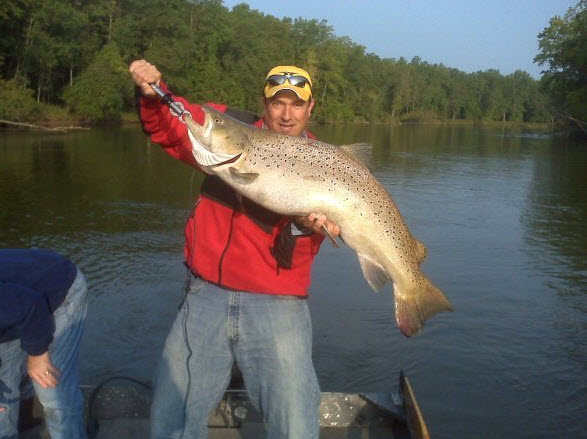Majority of Bristol Bay region residents say no to the Pebble Mine
 Thursday, September 24, 2009 at 12:00AM
Thursday, September 24, 2009 at 12:00AM 
Anchorage, Alaska – A new poll released today finds an overwhelming majority of Bristol Bay residents strongly prefer their subsistence lifestyle to the promise of jobs at the pr oposed Pebble Mine.
The poll, which is the most in-depth survey of local Alaska Natives’ opinion on the Pebble Mine, found that 79 percent of respondents believe the mine, located in the headwaters of two of the region’s largest salmon-spawning rivers, would damage Bristol Bay’s wild salmon fishery – a key resource that many residents depend on for income and food.
“What Anglo American’s CEO told us when we met in London earlier this year was that if local communities did not want Pebble mine, then Anglo American would not build it,” said Bobby Andrew, spokesperson for Nunamta Aulukestai, a coalition of eight village corporations that commissioned the survey. “A majority of local people know the mine will pollute and destroy subsistence, commercial and sport fishing and adamantly oppose it.
“We are asking Anglo American to honor its promise and withdraw from the Pebble project,” Andrew said.
Andrew and the three other local Alaskans who met with Anglo American executives and shareholders earlier this year in London sent a letter today to the company’s CEO, Cynthia Carroll, along with the survey results. They asked her to adhere to promises she made in a private meeting that the company would abandon the Pebble project if local communities rejected it.
The letter dated September 22, 2009, stated: “Opposition to the mine is overwhelming and unwavering despite significant outreach efforts by Anglo American and Northern Dynasty over the years…. With that in mind, we ask you to keep your stated commitment to forego development of the Pebble mine given the ongoing community opposition.”
“We are not going to risk our subsistence way of life, which has sustained our families for generations, on the Pebble Mine,” said Lydia Olympic, an Igiugig native who joined the group that met with top company officials in London in April. “Mining is not the answer.
“Sustainable development can only be based on our wild salmon, clean water, and renewable energy – not on a mine that will pollute our land and water with toxic waste,” Olympic said.
The poll released today was conducted by Anchorage-based Craciun Research, which sampled 411 Bristol Bay residents from six parts of the Bristol Bay region between May 18, 2009 and June 2, 2009. It was statistically drawn to get an accurate assessment of opinion in each of those areas: Alaska Peninsula, Lake Iliamna/Lake Clark, Nushagak Bay, Nushagak River, Togiak, and Kwichak Bay. The margin of error was plus or minus 4.8 percent.
Among the survey’s main findings:
• The vast majority of residents favored renewable energy development (94 percent), value-added fish packing (89 percent), and tourism that Alaska Native communities could be involved (82 percent) in over mining.
• Survey respondents agreed almost unanimously (97 percent) that maintaining subsistence-lifestyle resources and their subsistence lifestyle is important.
• Seventy-two percent of those surveyed reported that a significant part of their diet came from fish, game, berries and other subsistence sources.
• Only 8 percent of survey respondents supported the Pebble mine project, less than the one-third the number that support oil and gas drilling.
• The strongest opposition to the mine was in the Nushagak Bay area, but even in Iliamna-Lake Clark area, where local businesses benefit more from current exploration activities, 73 percent of survey respondents oppose the mine.
• A majority (78 percent) thought Pebble mine would damage commercial, guided or subsistence fishing.
• A majority of respondents agreed that most jobs created by the mine would go to outsiders, not locals.
• Few respondents thought that mining could be done without harming the environment.
 Stop the Pebble Mine in
Stop the Pebble Mine in  Conservation,
Conservation,  News
News 









